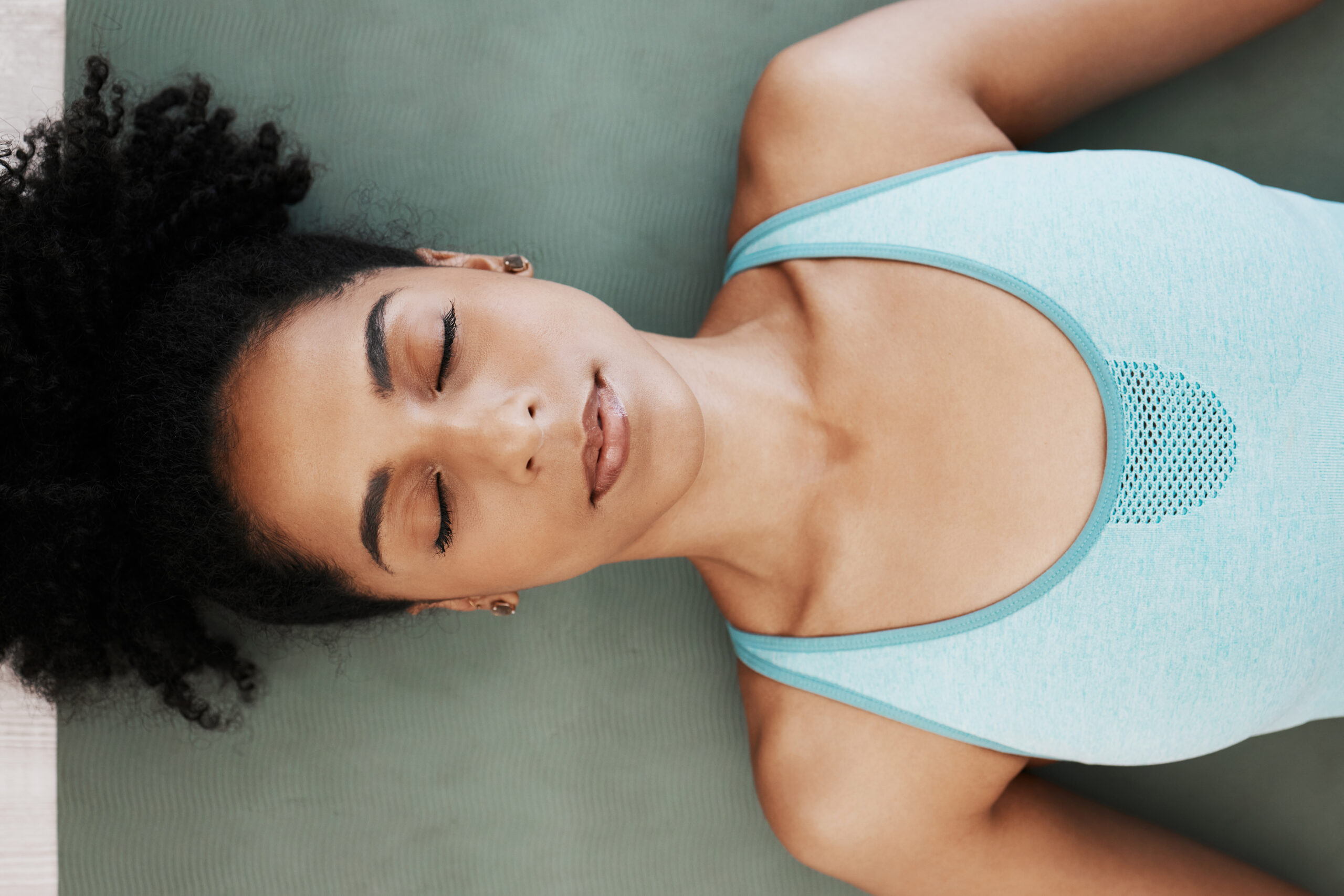10 Ways To Calm Your Body
Calming your body is important for managing stress and promoting overall well-being. Here are 10 ways Fortius Physiotherapy’s Tania Mannella, DPT can offer for you to try to calm your body:
1) Deep Breathing:
Practice deep, slow breathing to activate your body’s relaxation response. Inhale deeply through your nose, hold for a few seconds, and exhale slowly through your mouth.
2) Progressive Muscle Relaxation (PMR):
Progressively tense and then relax different muscle groups in your body. This technique helps release physical tension and promotes relaxation.
3) Mindful Meditation:
Engage in mindfulness meditation to focus your attention on the present moment. Pay attention to your breath, sensations, or a specific point of focus to promote relaxation.
4) Warm Bath or Shower:
A warm bath or shower can help relax tense muscles and create a soothing environment. Consider adding calming scents like lavender to enhance the experience.
5) Guided Imagery:
Use guided imagery to visualize peaceful and calming scenes. Imagine yourself in a serene place, and focus on the sensory details to create a calming effect.
6) Gentle Stretching or Yoga:
Practice gentle stretching or yoga poses to release tension and promote flexibility. Yoga also incorporates breath control, which enhances relaxation.
7) Listen to Calming Music:
Create a playlist of soothing and calming music. Listening to music with a slow tempo can have a calming effect on the body and mind.
8) Aromatherapy:
Use calming scents like lavender, chamomile, or eucalyptus. You can use essential oils, scented candles, or diffusers to introduce these calming scents into your environment.
9) Mindful Walking:
Take a slow, mindful walk to connect with your surroundings. Pay attention to each step, the sensations in your body, and the environment around you.
10) Limit Stimulants:
Reduce or avoid stimulants like caffeine, especially in the hours leading up to bedtime. Stimulants can contribute to heightened arousal and make it harder for your body to relax.
Remember that finding what works best for you may involve some trial and error. Incorporate these techniques into your routine as needed, and consider combining them for a more comprehensive approach to calming your body. If you find persistent challenges with stress or anxiety, seeking guidance from a healthcare professional is advisable. A practitioner at Fortius Physiotherapy can help guide you!

